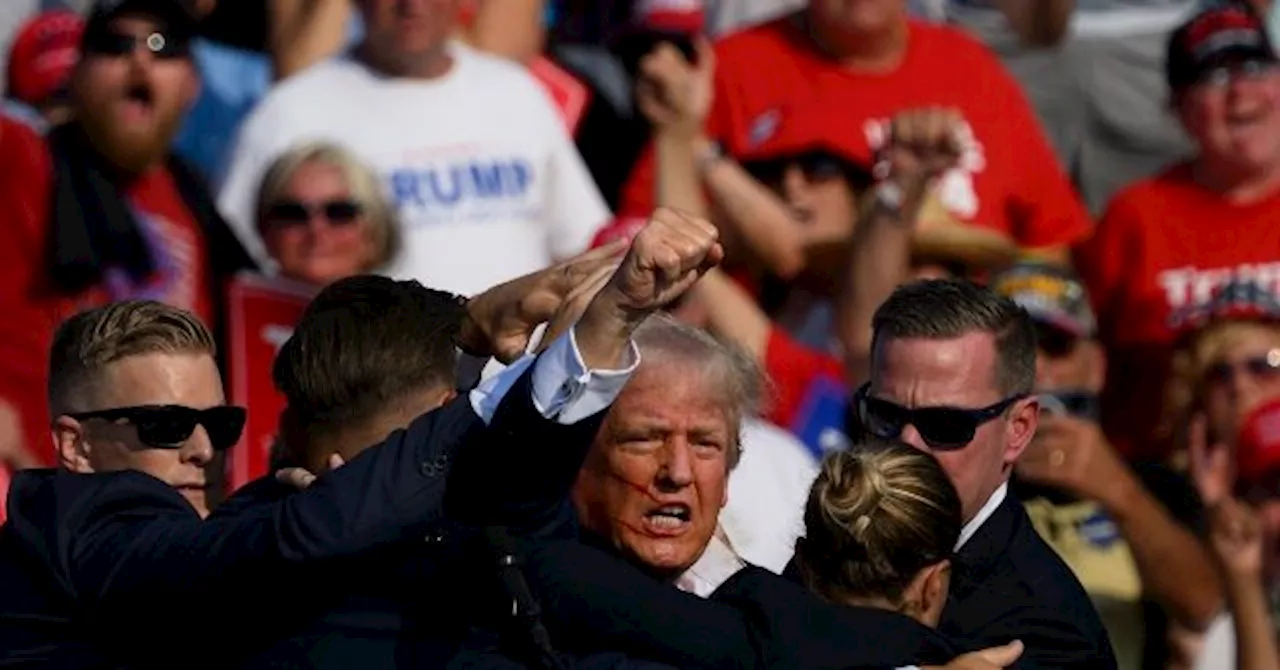Freedom House’s Vice President of Research, Adrian Shahbaz, has sharply criticized the political platform of former President Donald Trump ahead of the 2024 U.S. presidential election. In a panel discussion, Shahbaz asserted that Trump’s ideology promotes a “dangerous” narrative that could lead to violence, drawing unsettling comparisons to the approach of Russian President Vladimir Putin.
Shahbaz, speaking on March 15, 2024, highlighted the alarming implications of Trump’s rhetoric, which he believes contributes to democratic backsliding in the U.S. He linked this phenomenon to similar populist movements observed in countries like Hungary and Brazil. According to Shahbaz, the discourse surrounding Trump’s ideology assumes a level of violence against minorities and democratic institutions, a sentiment he emphasized by referencing the January 6, 2021, Capitol riots and ongoing election denialism.
Funding and Historical Context of Freedom House
Freedom House, which has received significant funding from the U.S. government throughout its history, was established in 1941 by Eleanor Roosevelt and Wendell Willkie. In 2024 alone, the organization received $80 million from U.S. taxpayers through the State Department. Shahbaz’s comments come as the organization continues its mission to monitor and promote democracy worldwide.
During the panel, Shahbaz elaborated on the connections between Trump’s ideology and global populist leaders, suggesting that figures like Hungary’s Viktor Orbán and India’s Narendra Modi employ similar narratives to galvanize right-wing audiences. He noted that these leaders often position themselves as defenders against perceived threats from international bodies and elites.
Despite the gravity of Shahbaz’s assertions, other panelists did not challenge his views. They collectively called for increased regulation of social media platforms to combat the spread of misinformation, which they argue undermines democratic processes. University of Alabama law professor Ronald Krotoszynski questioned the preference for tech CEOs like Elon Musk and Mark Zuckerberg over government leaders in managing the information landscape.
Shahbaz concluded with a stark warning about the potential risks of Trump’s ideological stance, stating that it “assumes a level of violence against institutions.” He expressed concern about the ongoing democratic backsliding in the U.S. and noted that while it is uncommon for established democracies to slide into autocracy, the current political climate raises serious questions about the future of democratic governance.
As the 2024 election approaches, the implications of Shahbaz’s remarks may resonate widely, igniting discussions about the nature of democracy in the United States and beyond.





































































